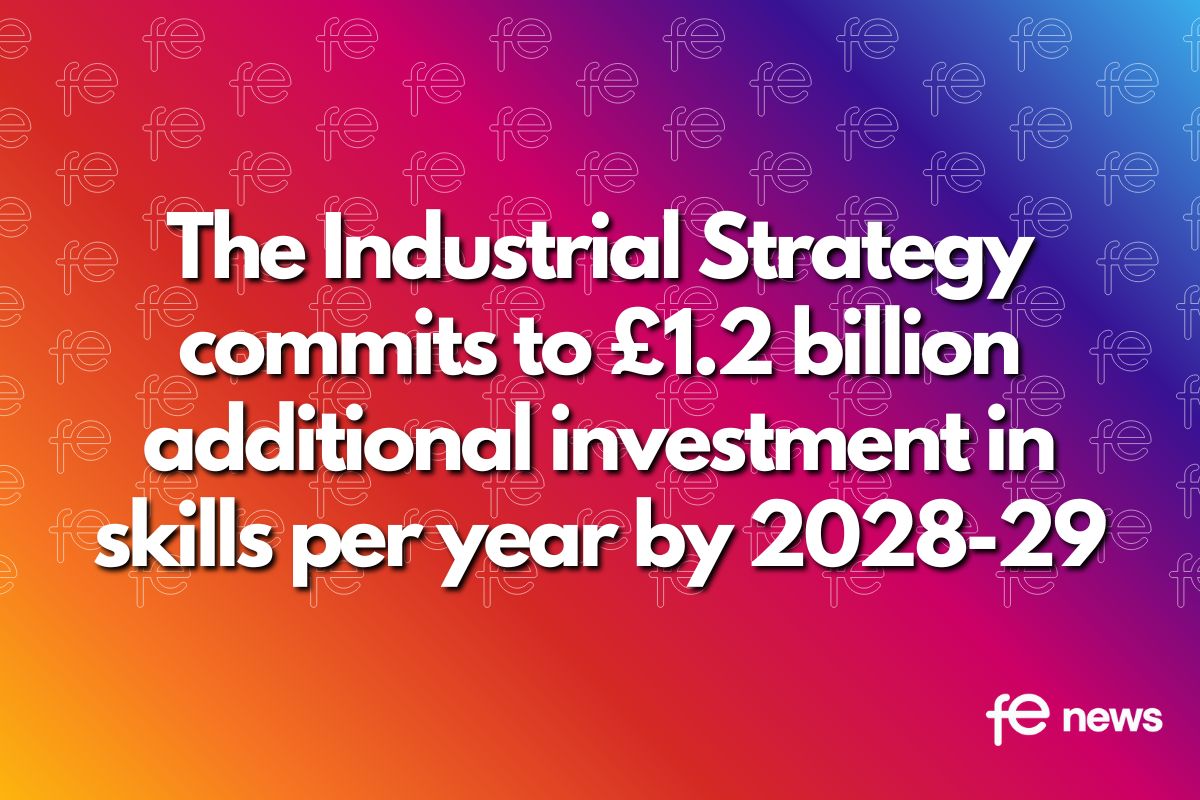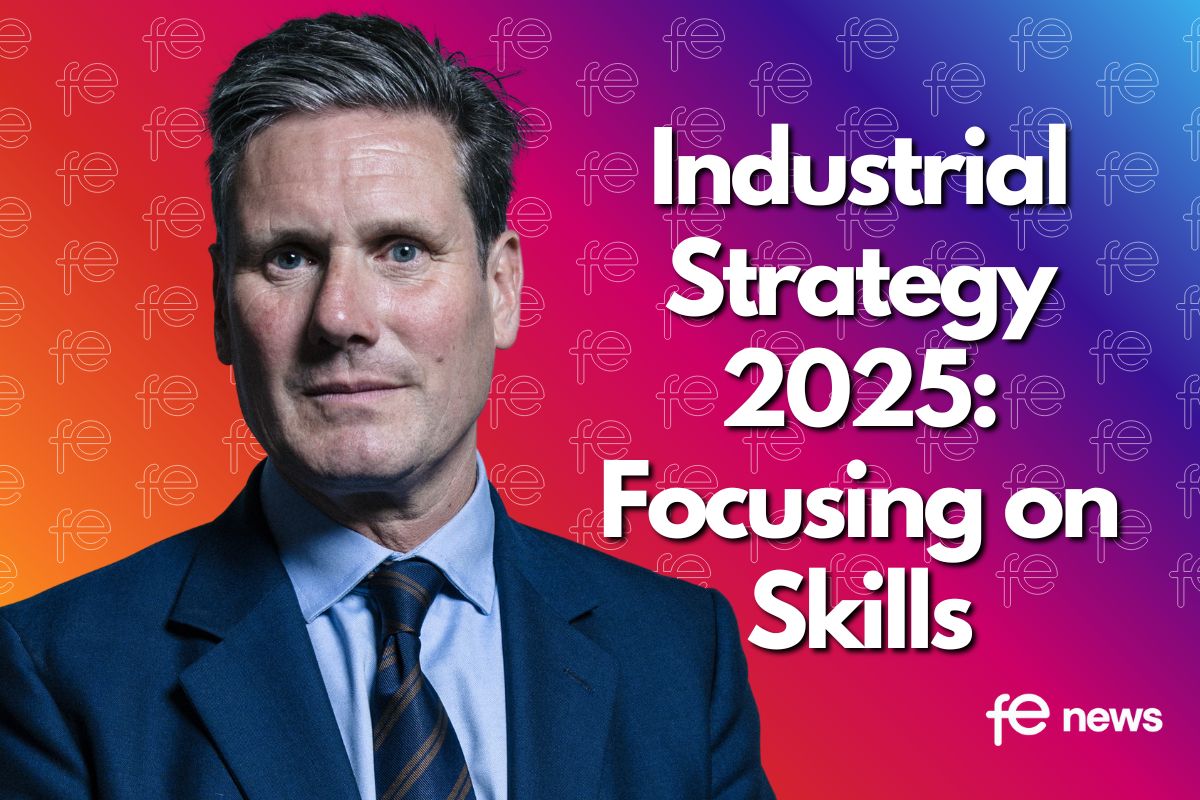Building a Data-Driven Skills System in an Era of Disruption

The UK labour market is undergoing a period of profound transformation, driven by disruptive innovation. The last few years have seen jobs themselves being transformed, as the adoption of new technologies and the introduction of new policy initiatives have ushered in vast changes in the workforce.
Digital transformation had already been redefining the way we work, when along came Artificial Intelligence (AI) to bring more disruption. On top of this, the transition to the “green economy” is also having a profound effect.
The need for a skills system that rises to the challenges posed by this era of disruption was highlighted by Skills England’s in its first report, Driving Growth and Widening Opportunities. The report went on to recognise that this transformation would need to be “clearer, more data-driven, more joined-up and more responsive.”
True. But how can this be achieved?
Skills Disruption
Our new report – The UK Skills Revolution: Building a data-driven skills system in an era of disruption – is an attempt to shed some light in this. It begins by looking at skills change across the UK, using a Skills Disruption Index we’ve created to show which occupations have seen their skill composition change the most and the least over the last three years.
The main findings from this are as follows:
- The top 20 skills for the average job in the UK have changed by 33% since 2021.
- Tech, marketing, and media jobs are the career areas seeing the most disruption.
- Hands-on jobs, such as Bus Driver and Plasterer, are among the least changed.
Regarding that first finding, this level of skills disruption is not unique to the UK. In fact, our parallel research on the US labour market – The Speed of Skill Change – found a remarkably similar pace of skill change there.
Skills England Priority Sectors
As well as looking at skills disruption in general, we also zoomed in on the key trends that are driving these changes in the four sectors identified by Skills England as priorities: Digital Technology; The Green Workforce; Housebuilding and Construction; and Life Sciences. Key findings for these sectors include:
Digital Technology
Generative AI is seeing exponential growth, with demand rising by 3,355% in employer job postings since 2014. Perhaps an even more significant finding, however, is that demand for AI skills is not just affecting tech jobs, but also appearing in roles that we might not necessarily have connected with it. Of the top 20 occupations requesting AI skills, our data shows more than half are non-tech, with roles such as Researcher, Compliance Manager, and Marketing Manager all seeing significant growth in demand for skills like Generative AI in recent years.
The Green Workforce
Despite governments across the world talking about transitioning to a “green economy”, so far there are no official definitions of which industries, jobs, and skills actually constitute the green economy. With no official definitions to hand, we have identified over 400 skills that are linked to clusters related to the environment, enabling us to track demand for these skills over time. The key point uncovered by our research is that the shift to a green economy is less about seeing new “green jobs” than it is about the “greening” of existing roles. For example, Project Managers, Mechanical Engineers, and Safety Managers are now often expected to have skills related to sustainability, environmental policy, and renewable energy.
Housebuilding & Construction
With a government target of 1.5 million new homes over five years, the sector needs an extra 252,000 workers over the period 2024-28 to meet this demand, according to the Construction Industry Training Board (CITB). Given demographic trends meaning that there are likely to be fewer young people entering the sector in the next few years, there should be a strong focus on reskilling and retraining workers from adjacent sectors. Once again, data is vital, particularly the ability to identify the transitional skills that might take someone from, say, a Warehouse Supervisor to a Plumber, rather than training someone from scratch (our recent webinar goes into this in detail, beginning from 27:20).
Life Sciences
Unlike Skills England’s other priority sectors, Life Science jobs tend to be clustered in certain regions, rather than spread across the country. For instance, our data shows the highest concentrations of employment in this sector are in Oxfordshire and Cambridgeshire, which is not surprising, since both areas have world-class universities and world-class science parks. Other areas of concentration include Swindon, which is home to a number of big pharmaceutical companies, and Wiltshire, which is home to the Porton Science Park. Any national skills strategy for this sector must therefore account for these geographical clusters, with the focus being on bolstering those areas, helping companies to find the skills they need, and using data to enable the education providers that supply them with talent to understand which skills are needed.
Next Steps for Skills England
Despite the failings of the current skills system, and the challenges posed by disruptive innovation, now is both a vital and an opportune time to transform the skills system. However, making good on this commitment will require a foundation to build on. For education providers, a solid, data-driven basis for developing new programmes and partnering with employers to upskill their existing workforce with the skills of the future. For employers, innovative ways to harness data to map out the skills in their existing workforce, those they need to grow, and identification of the skills gaps between the two. For central, regional and local government, a real-world view of the skills that are needed in their area, and an insight-driven means of assessing how these needs are being met by local or regional education and training providers.
Check out The UK Skills Revolution: Building a data-driven skills system in an era of disruption.
By Elena Magrini, Head of Global Research at Lightcast











Responses